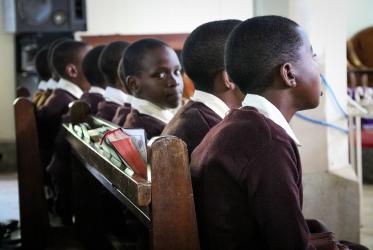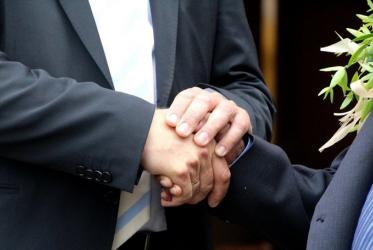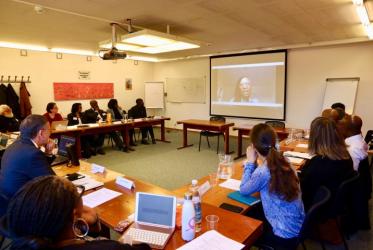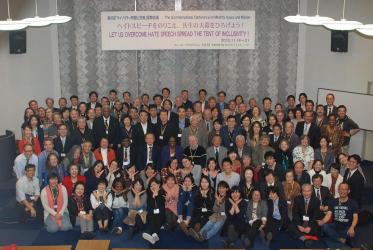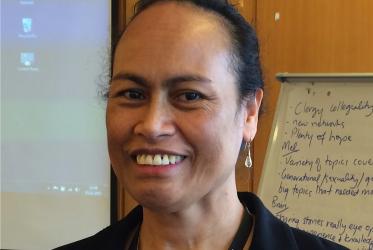Displaying 1 - 19 of 19
30 November 2023
Webinar on racism in the Pacific: “It has become embedded”
05 December 2019
Latest gun violence in US poses challenges for churches
05 August 2019
WCC leads exploration on racial justice
16 April 2019
WCC president for Europe: “Develop local dialogue”
22 October 2018
USA Racial Justice Accompaniment Visit
18 April 2016
Japanese churches discuss minority issues
01 December 2015
Church challenge: Welcoming "strangers" in a climate of fear
18 November 2015
Dislike the evil, love the individual, King says
19 May 2011
WCC youth team views situations of violence in India
03 October 2008


